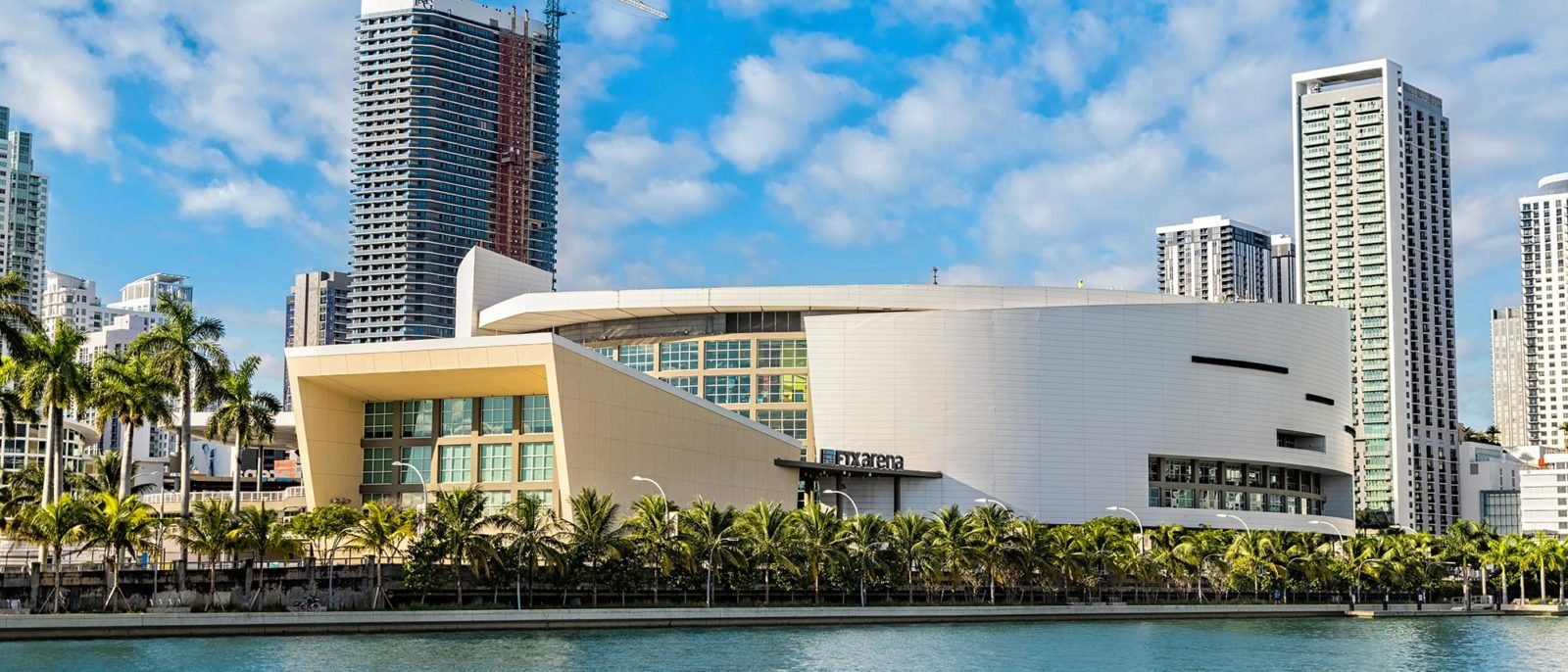Brazilian construction companies have a history of major projects abroad. Most of the constructions are in Latin American countries, due to proximity. There are also works in the United States and African countries.
Brazilians have expertise that is in great demand abroad: construction of hydroelectric plants. Odebrecht worked on the Manduriacu Hydroelectric Plant in Ecuador. Andrade Gutierrez, at the Moamba Major dam, in Mozambique. Brazilian companies also worked on the Chaglla (Peru) and Cambambe (Angola) hydroelectric plants.
The largest power plant in the world, Three Gorges, on the Yangtze River, in China, had the relevant participation of Brazilian consultants during its construction, which began in the late 1990s.

It is common for Brazilian specialists who visit Three Gorges to hear thanks from Chinese hosts for this collaboration, even if the people have had nothing to do with the work.
In Ecuador, Andrade Gutierrez participated in the Tabacundo irrigation project, from 1999 to 2002.
OEC (formerly Odebrecht) worked on the Florida International University stadium and on the expansion of the Miami airport and port, both in the United States. Since 1991, when the company carried out the 1st project –the Miami surface subway–, the construction company has carried out 70 works. Half are in Florida. On the other side of the Atlantic, the company built a station and a tunnel measuring 526 meters in the Lisbon Metro, in Portugal.
During the PT governments (2003-2016), there was an incentive to export engineering services to African countries. One of the reasons was the political directive to expand business with nations in the process of development. Language proximity also weighed: Angola and Mozambique contracted dozens of projects in recent years. Both speak Portuguese.
Many of these projects were financed by BNDES (National Bank for Economic and Social Development). The bank’s assessment, at the time when these works were most intense, was that the export of infrastructure would boost the opening of jobs in Brazil, either through greater demand by the national industry or high value-added service contracts by the of contractors. Within the projects, there was a percentage of national content to be fulfilled.
After Lava Jato, contractors face greater difficulty in exporting services. One of the reasons is that the BNDES has restricted funding. In addition, the crisis resulting from the operation resulted in a weakening of companies, with loss of manpower and greater indebtedness. Afterwards, the image crisis made it difficult to continue and open new businesses.
In addition, several works that were financed by the BNDES were cancelled, either due to investigations against corruption or problems in the preparation of projects, such as the construction of the Caracas Metro line.
The installments that were not paid by the countries that contracted the works were reimbursed by the National Treasury to the BNDES.
There are controversies about the loss and gain from these operations. Experts argue that the losses, around 10% of the total financed, are less than what would be spent on insurance for the work.
BNDES invests little in the area. The export of engineering goods and services represented, from 2003 to 2018, only 1.3% of the total loaned by the bank. This decline coincides with Brazil’s loss of share in the export of engineering services.
Here are some highlights on BNDES financing:
- US$10.5 billion – borrowed by the bank from 1998 to June 2019;
- 15 impacted countries – Angola, Argentina, Venezuela, Dominican Republic,
- Ecuador and Cuba made the largest contracts;
- leading contractors – Odebrecht, Andrade Gutierrez, Queiroz Galvão, Camargo Corrêa and OAS;
- payment period – average 11 years and 2 months.
The export of services has been used by countries such as the United States, Japan and Germany to expand their industry and geopolitical influence. China acts with greater intensity. In 2020, the Asian country offered US$18 billion in export credit to allied countries, according to the IMF (International Monetary Fund). The Chinese, by the way, occupied most of the vacuum left by the Brazilians.
In 2020, the export credit market reached US$200 billion worldwide.
One of the projects carried out by OEC is line 2 of the Panama subway, in Central America, which should have the capacity to transport 16,000 passengers per hour. The company was able to carry out the work without financing from the BNDES. It obtained better financing conditions abroad.
This report is part of the Brazil ahead series. It is a comprehensive survey of information from the digital newspaper Poder360 about the country’s challenges in this 3rd decade of the 21st century, in which democracy is in an advanced stage of consolidation, but institutions and various sectors of the economy still need improvement.
With information form Poder360

